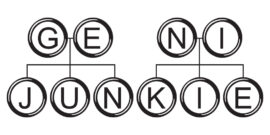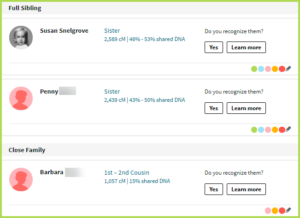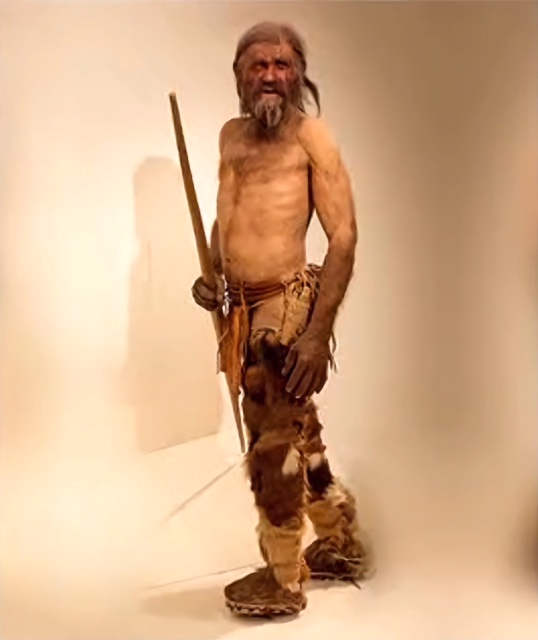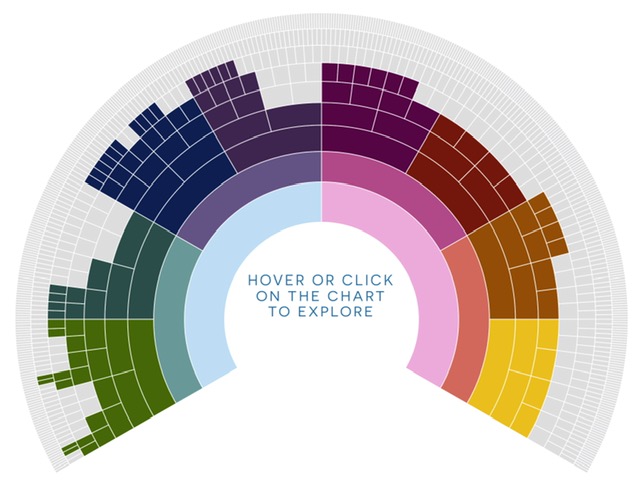Like any journey, you have to take that very first step. Now most people will want to just jump into buying a subscription to an on-line genealogy site, and that IS a great idea. But let’s reflect for a few minutes, because there is so much more to it than that. The foundation of building an amazing family tree is employing solid genealogy research methods.
Yes, these sites have billions of records you will be able to search, but you are only going to find records that are on-line. There are so many more sources of information than that. If you just sign up for a site, as a novice you are likely going to miss that fact. As I always say, “you don’t know what you don’t know”.
In Genealogy Research, Everything is Relative!
In your excitement you might want to jump straight on line, but that would be a mistake. This is the one time that you will actually want to talk to your relatives (sorry, couldn’t resist). They are the foundation of your genealogy research.
There is no better repository for family tree information than your Great Aunt Edna or Cousin Bill, and of course your very own parents. Seems obvious I know, but many people skip this step. I know it’s possible your immediate family has passed away, or is small in number or far away. Or, you might be an adoptee and don’t even know who your biological family is. Still, it helps to search for what you can up front. Even little tidbits that seem insignificant at first can be helpful. And for heaven’s sake, write it down and record who said what!
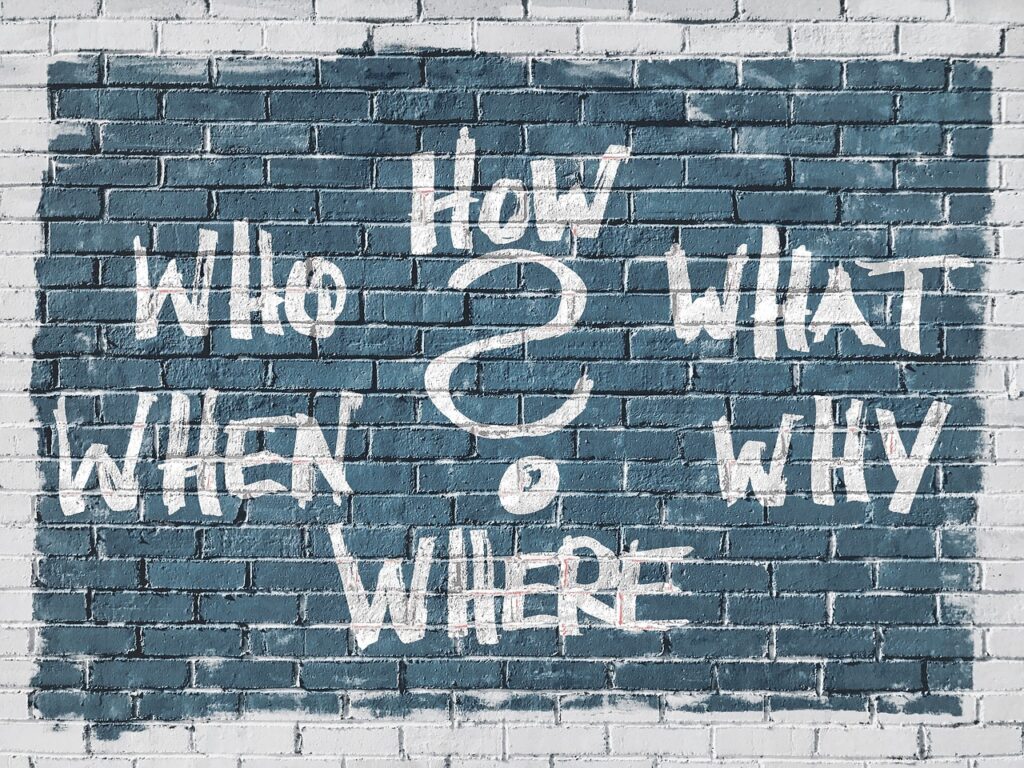
In fact, if you want to be an Ace Family Detective, you should actually interview your relatives either using audio devices, or better yet, video. It can be a fun exercise for you, and your loved one will enjoy it too. We all have those little things called cell phones in our hands all day! Why not put them to good use? You will find useful Genealogy Interview Question Sheets online to help guide you with what to talk about.
I wish that I had understood the value of this before my own older relatives passed away. We all recall little snippets of stories we were told, but there is nothing like being able to pull out a video of your mom talking about her childhood.
Don’t Believe Everything You Hear
Is there any family around that doesn’t have “family lore?” Newfoundlanders are famous for this, because almost everybody started with “two brothers who jumped ship”. Sometimes it’s three. But it always involves a stowaway getting a free ride, then escaping the law through quick wits and a little mischief. Almost always these stories are dead wrong. So while family lore is fun, and even sometimes correct, be aware that tall tales get passed down through the family. Take what you are told with a grain of salt.
I knew my dad’s parents were from Newfoundland. I asked him what towns? He knew my Poppy Snelgrove was from Grates Cove and my Grammy Simms was from Harbour Grace. This second part was wrong(!) by the way, she was actually from Crocker’s Cove. So another lesson learned here… Valuable as it might be to talk, sometimes your relatives simply get it wrong.
When I began my genealogy research, I found lots of Joe Snelgroves all over Newfoundland. If I hadn’t known he was from Grates Cove, this would have made things harder. Imagine if your grandfather’s name was John Brown from a large city like New York! Even if your mom can say he was from “The Bronx”, this already is more helpful than naught.
So, get as many details as you can from family members, names, dates, places, occupations, military service etc., especially from your farther flung relatives. It’s not the first time I worked on someone’s tree for quite some time only to hear, “did you know, Aunt Winnie’s granddaughter Irene has done a huge family tree? Maybe you should talk to her.” Something that would have been useful knowing before I spent 50 hours doing it!
Digging Deep in the Family Archives
And don’t forget to ask your relatives about any paper records and other treasures in their care. You’ll be amazed at the things that people keep. Of course photos and old movies, but also school records, baptism and marriage records, funeral pamphlets, newspaper clippings, childhood artwork, postcards, memorabilia of all sorts. My personal favourite is the family bible.
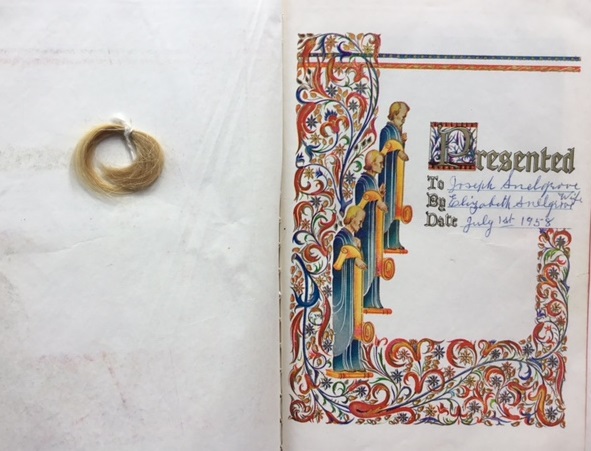
Traditionally a family bible is used to record the names and dates of all the family members that came before. It’s then passed down, sometimes for many generations. When my aunt died, I received the “family archives” she kept. That included 3 bibles, one which had belonged to my Grammy.
My grandmother died when I was a young teenager, and we lived far apart, so had rarely met. I only knew her as a very old woman with beautiful silver braids pinned around her head. It was so lovely to have a personal item that belonged to her! But when I opened her bible up, I found a precious treasure! Inside the bible was a small snippet of her golden hair, tied with a tiny string, perfectly preserved as if it were yesterday.
You see, I never knew what colour my grandmother’s hair was. Turns out, it was just like mine! I can’t tell you how emotional that made me feel. For the very first time, I truly understood that she was a part of me.
On your journey of genealogical research, I hope that you will have many moments like that. Genealogy shouldn’t be just a black and while compilation of names and dates and places. It should be an intricate web of colourful memories and stories about the people that came before us.
The Genealogy Research Benefit of Dusty Docs & Paper Cuts!
So, you now have finished Step 1, “Talk to your Family”. But before you proceed, you’ll benefit from a lesson on the “old school” sources of genealogy research material.
I already mentioned that there is so much more information available to you beyond what you can find at the on-line providers. So don’t get fooled into thinking that is all there is. Believe it or not, things existed before the internet, and they still do!
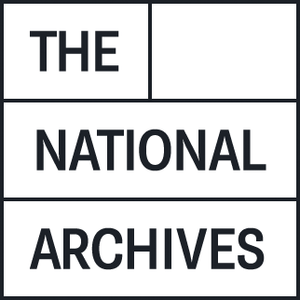
In “ye olde” days when your ancestors were born, the information affecting their lives was written on PAPER. That paper is still stored somewhere. All cities, municipalities, counties, provinces, states and even countries have archives where they store the details of their residents and their history. This is true for many churches and Family History Centres too.
These records might be on paper, or microfilm, or be digitally scanned. They might be birth, marriage, death records, wills, court documents, land records, books, newspapers, church records, cemetery records, photos, etc.! Forget paper! If you get so far back in your tree that you are into the 1600’s, records could be on lambskin, written with a quill and ink!
Almost all of the Archives will have websites, and you can search for them by doing a simple internet search. Most have at least some of their record sets on-line for downloading (usually for a fee). But a lot still have to be viewed in person because they may never be digitized. The Archives will have on-line indexes to search for items of interest, and then you can get a quote to have the record scanned or photocopied for a fee.
On-Line Genealogy Websites are Great, but they Ain’t “All That”!
So it’s important to understand up front that while the on-line providers like Ancestry, FindMyPast, MyHeritage etc. have thousands of data sets, they don’t have all the information ever recorded in the history of the world! Yes, new record sets are added all the time, but some geographic regions are better covered by these providers than others.
For instance, I am super lucky because Ancestry has a wealth of parish registers and wills for the English county of Dorset, where many of my ancestors originated. But they have almost no information on the county of Hampshire, which is equally important to me. Yes, they have an index of some Hampshire Records, but this is just a tiny subset of the actual parish records in existence.
When doing a search on Ancestry I might find a record of the name “John Snelgrove” in their “Hampshire Records”, but please understand this is NOT the only John Snelgrove in the Hampshire records for that time period. A novice might think “Eureka”, I found my great, great, great grandfather. Not so! You just found a John Snelgrove, not necessarily the John Snelgrove that is your ancestor. And that’s how faulty trees get built.
I know this is also true for U.S. on-line researchers. The datasets for certain states on Ancestry are excellent, and some states have a disappointing lack of information. You might be lucky, and you might not. Just because you can’t find it on Ancestry, Geni or MyHeritage doesn’t mean that it doesn’t exist.
So when you are beginning to build your tree with on-line resources, please keep this in mind. Be very careful before accepting something as fact, and remember that if you want to truly build an accurate tree rich with information beyond just names, places and dates, you are likely going to also have to look outside the data sets of the provider you sign up with.
A Genealogical Road Trip
There is nothing more rewarding than building an actual story around your ancestor, and sometimes the very best information is found at the local level.
My sister and I once stopped into the Library in the small town where my mother was born. We chatted with the librarian, and she pointed us to a soft bound book written by a local family historian. This person had interviewed many of the local families for their historical recollections and photos of the people and the area. The first several pages recorded the history of my grandmother’s family. It also talked about the history of the railroad, which is why my grandfather had emigrated from Northern Ireland to this town.

This book was a treasure trove of information, including specific stories about my very own family. I would never have found this if we hadn’t decided to take a road trip that day to Mactier! This stuff certainly won’t be found on Find My Past!
You get the point by now. Dig deeper! I hope that you will be able to bring your ancestors to life!
I have given you only a small hint of the types of genealogical information that you can access beyond the typical on-line providers. Believe me, there is so much more, and the detective work it takes to find it makes this hobby so much fun. I will be writing future Blog posts detailing a whole host of great genealogy resources and other tips and tricks that will be value added to your research.
So now that you have done your family “homework”, soon you’ll be building your tree. But before you do, the next step is considering what software tools you will need. Please go on to my next Blog “On-Line versus Off-Line Tree Building Software” for some help on this. If you know you want to choose an On-Line provider, you can skip ahead to my Blog “Choosing a Family Tree Building Website”. Or if you already made this decision and are ready to get on with it, fast forward to my Blog “Let’s Start Building Your Tree”.
Your Geni Junkie friend,
Susan
